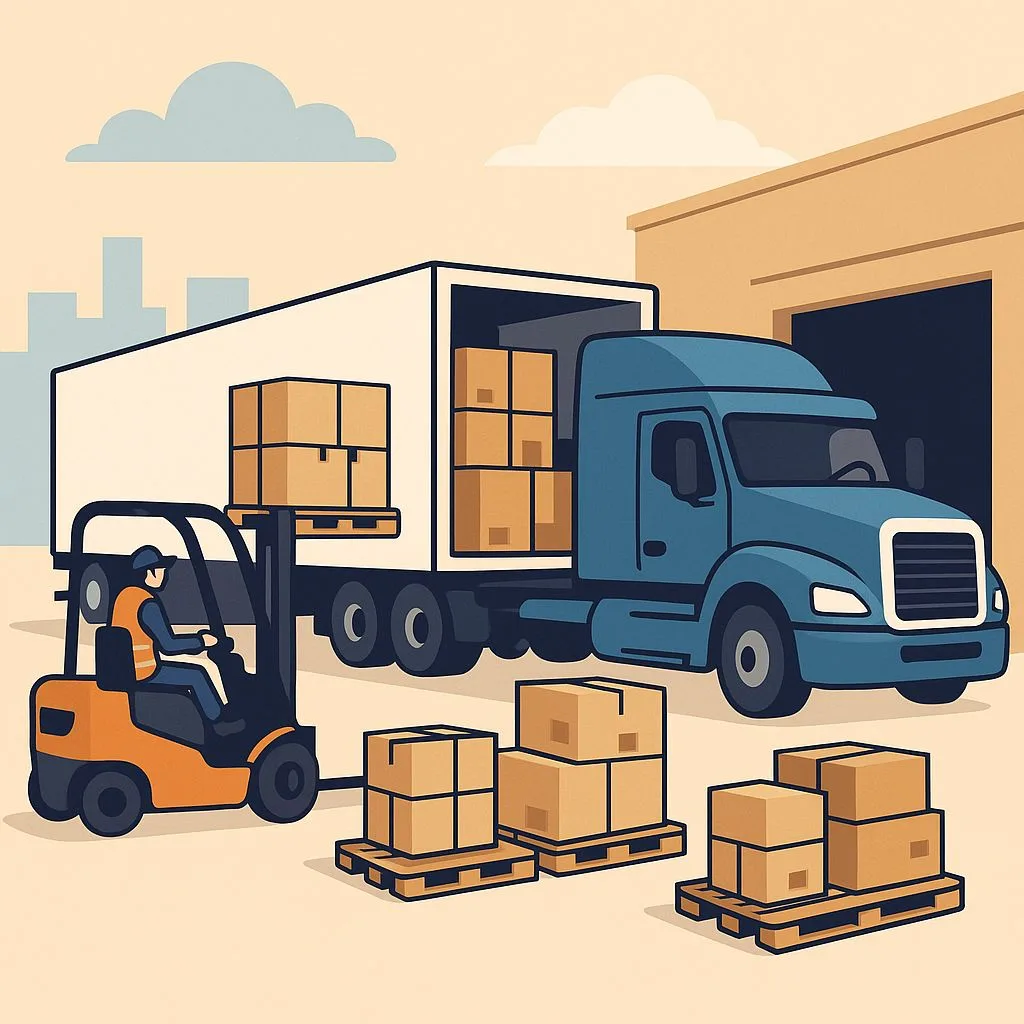What Is LTL Freight — and When Does It Make Sense for Your Business?
In the world of logistics, shipping efficiency and cost management are critical factors for businesses of all sizes. Less-than-truckload (LTL) freight shipping has emerged as a practical solution for companies that don’t require a full truck to move their goods. This article explains what LTL freight is, how it works, and when it’s the most suitable option for your supply chain needs.
Understanding LTL Freight
LTL freight refers to shipments that do not require a full truckload. Instead of paying for an entire trailer, multiple shippers share space within the same truck. Each shipment is consolidated and delivered through a network of terminals and distribution centers. This model makes LTL freight cost-effective and environmentally friendly, since it reduces the number of half-empty trucks on the road.
How LTL Freight Works
When using LTL freight services, shipments are typically picked up, sorted, and transferred between terminals before reaching their destination. This process allows carriers to optimize routes and load capacity. However, because LTL shipments involve multiple handling points, proper packaging is essential to protect goods during transit. Many businesses rely on logistics partners like Scan Global Logistics to coordinate and manage these shipments efficiently.
When LTL Freight Makes Sense
LTL freight is ideal for businesses shipping between 150 and 15,000 pounds that don’t fill an entire trailer. It’s particularly useful for regular shipments of smaller quantities, e-commerce fulfillment, or companies with variable inventory needs. If your goal is to balance speed, cost, and sustainability, LTL shipping can be a strategic choice. For example, Scan Global Logistics offers tailored freight solutions that help businesses optimize their supply chains without unnecessary costs.
Benefits and Considerations
The key advantages of LTL freight include cost savings, flexibility, and reduced environmental impact. Because shippers share transportation space, they only pay for the portion they use. Moreover, advanced tracking systems provide greater visibility throughout the delivery process. However, transit times may be slightly longer than full truckload shipments due to the shared nature of the transport.
LTL freight plays an important role in modern logistics by making transportation more efficient and affordable for many businesses. For companies looking to optimize shipping strategies, understanding how LTL services work can lead to smarter, more sustainable operations. You can read more about Scan Global Logistics and their LTL freight solutions here.






